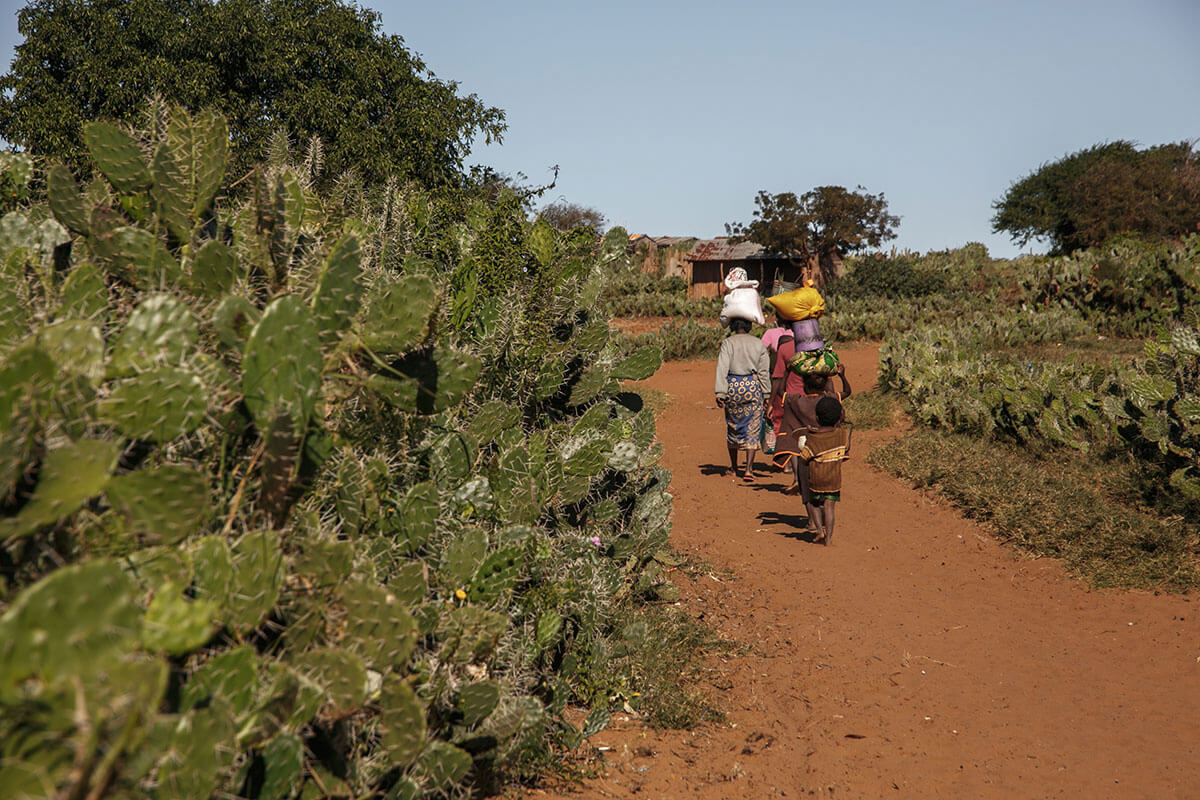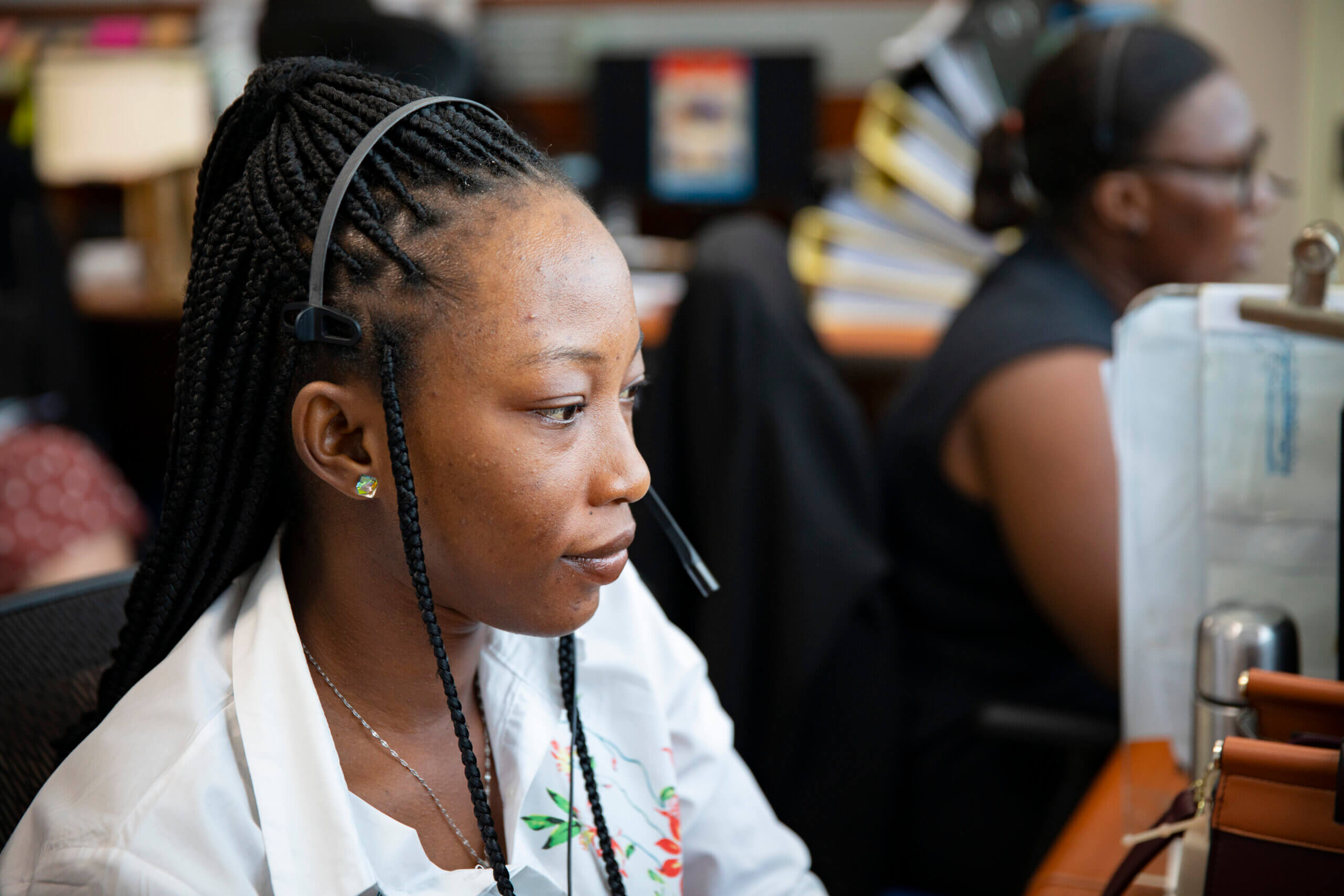Going further than ever – even in 2020!
By Inonge Wina-Chinyama
An outreach team in the Eastern province of Zambia was almost to their next village when the road abruptly ended. A massive flood had cut off the village entirely—but the team had come a long way, women were waiting and turning back wasn’t an option. They took all of their equipment out of their car and into a makeshift boat, pulling it across the flooded area to reach the clients who were counting on them.

At the start of 2020, MSI Zambia was aiming to reach the milestone of 1,000,000 Couple Years Protection (CYPs). It was a big goal, and all of us knew how much of a challenge that would be. Then Covid happened!
2020 was a very challenging year, but for MSI Zambia, it reminded us how important our services are to the people we serve. The attitude of the whole MSI Zambia team was, “2020 is terrible, but we won’t stop, we’ll keep on going.”
By the last day of service delivery in 2020, we had delivered 1,046,000 CYPs. We did it! We reached more than 300,000 clients, which is another huge milestone. I’m particularly proud that we’ve increased our adolescent reach significantly: from 33,045 in 2019 to 35,640 in 2020. For such a difficult year, we have a lot of achievements to celebrate!
Listening to clients helped us go further
In partnership with the Ministry of Health (MoH), we developed a new model for outreach that allows us to send out twice as many teams. We partnered two MSI providers with trained providers from the MoH, doubling the number of outreach teams. This new model allows us to go further and reach more women in a cost-effective way.
We don’t design models like this from behind a desk. They happen because we take the time to talk to our clients. From their feedback, we learn what’s working and how can we make our services better. Client feedback helped us double the uptake of IUDs over the past three years. We had assumed that the IUD’s appeal was its potential to provide 10 years of protection. But our clients told us they didn’t want to commit to a method for that long.
So we changed how we talk about IUDs and focused on other unique selling points: that it’s non-hormonal and is one of the quickest methods for returning to fertility. After we focused on this, women were much more interested. In 2018, we provided 18,000 and in 2020, we delivered 86,000. That’s not just 86,000 women protected from unintended pregnancy, but 86,000 additional women who now go back into their communities and spread word about MSI’s services.
Spreading the word about reproductive healthcare
Word of mouth is important. In one community this year, when women heard MSI was coming, they arrived at the facility before our providers. The staff there told them to return home. They refused, and said they’d wait until MSI arrived. When our team got there, they were greeted by a group of over 100 women who’d been sitting under the trees for hours! That’s how life-changing our services are.
It’s not just our partnership with the MoH that enables us to reach more clients, but other organizations too. Although the government is supportive of increased adolescent access to SRH services, we’re unable to reach girls in school because the Ministry of Education is resistant to it. We work with partners such as Restless Development, who go into schools to talk about menstrual hygiene. While they’re there, they let adolescents know where MSI’s teams will be based in their communities.
Changing lives, one woman at a time
There are times when I think what we do is just work, but then I remember our services save lives. Achieving 1 million CYPs is an incredible achievement that wouldn’t have been possible without each team member—and support from generous donors who believe in the work we do.






